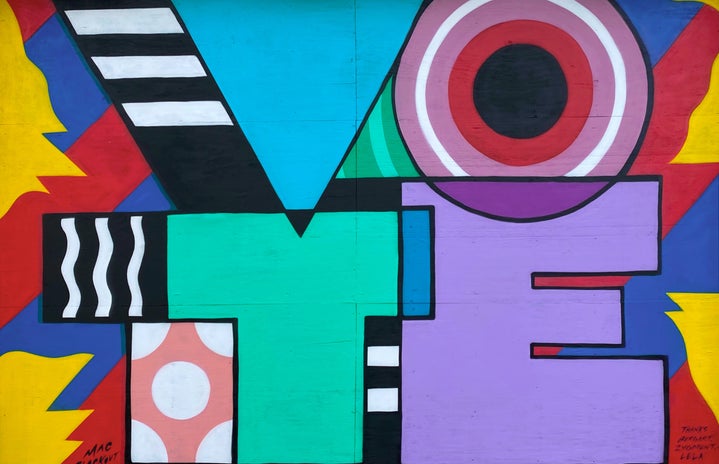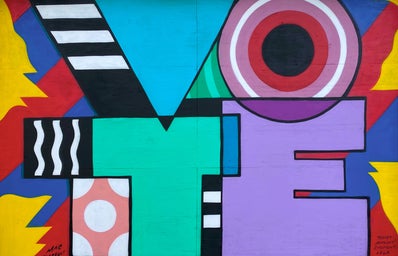The elections in Brazil are over and we had, as in the last elections, popular demand for the positioning of artists. However, the repercussions of Brazilian political polarization reached international levels and, more than in any other political moment in Brazil, many international artists took a stand, especially singers and actors. In this sense, there is a question about the weight of these artists’ statements on the decision of the population’s vote.
First, it is relevant to understand the reason behind the statements and support from people who do not even live in Brazil. Some political scientists attribute these manifestations to the uninterrupted advance of globalization and the popular perception of the interference that a country of gigantic proportions like Brazil can have in the rest of the world, especially when we talk about environmental policies in the Amazon rainforest.
Examples of international artists that took a stand in the Brazilian elections:
Jason Momoa
The protagonist of “Aquaman” (2018), published in his Instagram stories the headline of a report in English about the Brazilian elections, writing the name of candidate Lula with heart emojis.
Mark Ruffalo
Known for many roles, including playing Hulk, the actor encouraged Brazilians to vote, and also retweeted a tweet from Lula.
Leonardo DiCaprio
The Oscar-winning actor shared a message from Marina Silva on Twitter highlighting the issue of the Amazon rainforest.
Also, there were other declarations of support for Lula’s candidacy by Danny Glover (‘Roger’ of Lethal Weapon), Roger Waters (from Pink Floyd), Mark Hammil (‘Luke Skywalker’ of Star Wars), Tom Morello (from Rage Against The Machine), Ben McKee (from Imagine Dragons), Finneas (singer and brother of Billie Eilish) and Alfonso Herrera (from RBD).
What is the weight of these declarations in the population’s voting decision?
It is difficult to determine how much international public figures were able to influence the population’s decision about the candidates, but the Ph.D. in Political Science Bruno Konder raised some reflections about this in an exclusive interview for Her Campus.
Bruno Konder argues that the voting decision is not simple and that everyone wants to vote according to what they believe to be more correct, but what commonly happens is that this assessment can be wrong. Furthermore, he adds that most people have a playful relationship with politics, so it is a rational decision, but many other things come into play.
The Ph.D. concludes, for example, that this is why politicians do opinion polls: not only to see if they are winning but also to show the result to the population because people like to vote for those who are already winning. This shows that our vote is not exactly a rational decision.
“How do we decide to vote? We don’t understand all subjects, we are guided a lot by people who we think understand the subject or by people we trust […] So it could be a teacher, someone older in the family whose opinion we respect or our friends […] that’s why this way of doing politics through WhatsApp is so important nowadays because we won’t see if the source of information is correct, we see who passed it on to us”, explains Konder.
Therefore, the Ph.D. in Political Science argues that this is the role of these international public figures. These artists influence people through their actions and statements, and they also provide credibility to the candidates they support. It is difficult to measure the weight of this influence on an election decision, but it is real and important to be studied.
“One fact is that international artists have greater visibility than the national ones and depending on the subject, they reach more media […] besides, there is also a phenomenon that these statements can make some people think: ‘wow, this international artist is worried about the elections in Brazil, so it’s really serious”, concludes Konder.
————————————————————————————
Giullia Cartaxo edited the article above.
Liked this type of content? Check out Her Campus Casper Libero for more!


